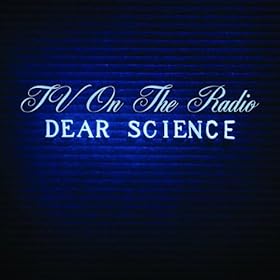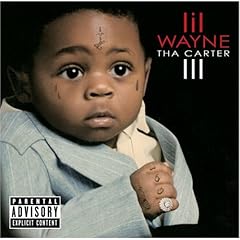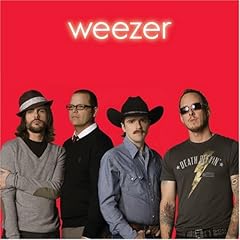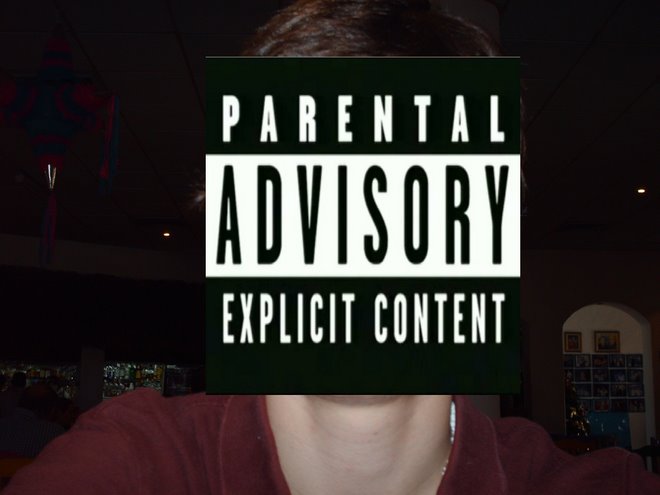
Questions I Asked Heading Into Enemy Mine and How They Were Answered
- How would it compare to Beast Moans, which was inconsistent, but worthwhile thanks to impressive zeniths? As much of a fan as a I am of the artists involved in Swan Lake (Carey Mercer, Spencer Krug, and Dan Bejar), the group's debut album was not up to expectations. Signs of life, however, were seen in outstanding tracks such as "All Fires" and "Are You Swimming in Her Pools?" As I prepared to listen to Enemy Mine for the first time, I was cautiously optimistic that the three talented musicians at the core of Swan Lake could build off Beast Moans' highlights while reaching a level of consistency that album never had. Turns out, not so much. After the Carey Mercer opening number "Spanish Gold, 2044" validates the optimism by letting Mercer's compelling and unique vocals carry the song over a plodding beat out of Wolf Parade's down-tempo playbook, things slowly but explicitly slide downhill. By the time the album gets to the convoluted mess that is "Warlock Psychologist" all hopes are diminished. Compared to Beast Moans. Enemy Mine fades sooner, has fewer lasting highlights and impressions, and is frankly quite dismissible.
- Can Swan Lake ever span the classic album their talents are capable of? With two albums into the books and only three or four tracks worth of great material between the two, Swan Lake appears more and more like a masturbatory side project for all its members. Maybe they don't want to bring out their best material for an album not as closely tied to their musical legacy. It's not like Swan Lake is an outlet for the artists' more experimental fancies. Take any Frog Eyes album and it will take infinitely more risks than both Swan Lake albums combined. So what is Swan Lake? Is it nothing more than a way for Krug, Mercer, and Bejar to crank out more albums (all are renowned for being in three-plus bands as it is) regardless to if the trio is diluting their talents or not? Don't get the wrong impression, the songs on Enemy Mine not named "Spanish Gold, 2044" aren't by any means terrible songs (exception being the aforementioned "Warlock Psychologist"); they just aren't at the level of any of the artists' best - or even notable - songs. Perhaps the trio has a classic in them, but it's going to take a much more substantial effort. I mean, come on. The laughable Bowie impersonating which comprises the last two minutes of "A Hand at Dusk"? I thought I was listening to Flight of the Conchords.
- Is a group really a "super-group" if no one in the band has even had a gold record? From an artistic standpoint, yes, Swan Lake are capable of being a super-group, even if Frog Eyes and Destroyer aren't exactly household names (unless you're referring to the Kiss album). When attempting to warrant the title based on artistic merit, however, that merit needs to be conveyed on the group's albums, not simply implied due to the triumphs each artist has individually achieved. Generally speaking, that takes more than two great songs per album.
- But, hey, it's still better than Surfing by Megapuss, right? Yeah, so it has that going for it.
Rating: 5.8






.jpg)













